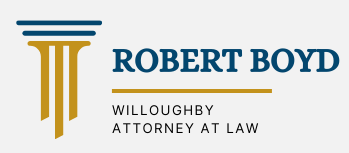What Is A Bankruptcy Trustee?

A bankruptcy trustee is responsible for ensuring that a bankruptcy filing is properly handled legally, procedurally, and administratively. The U.S. Department of Justice administers the U.S. Trustee Program. There are 21 regional trustee offices through the United States. A trustee represents the interests of your creditors. He/she will attempt to recover unprotected assets from you to distribute to your creditors
The duties of the case specific trustees vary depending upon the type of bankruptcy that you file. Here is a list of the primary bankruptcy trustee types by case:
CHAPTER 7 BANKRUPTCY TRUSTEE:
These are private trustees that locate and oversee the acquisition/liquidation of a debtor’s non-exempt assets in a chapter 7 bankruptcy filing.
Chapter 7 Bankruptcy Trustee / “Panel Trustee”
A chapter 7 bankruptcy trustee is often known as a “panel trustee”, or an “interim trustee”. These individuals are appointed to serve as a member of the chapter 7 panel of private trustees. These trustees act as an interim trustee during the pendency of a chapter 7 bankruptcy filing. They perform the following duties:
Collect and liquidate any non-exempt assets owned by the debtor.
Ensure that the debtor performs his/her statement of intentions.
Investigate the financial affairs of the debtor including conducting a 341 Hearing.
Object to discharge of debtor when necessary.
Examine and object to proofs of claim when necessary.
File interim and final reports with the court.
CHAPTER 13 BANKRUPTCY TRUSTEE:
These are known as standing trustees who oversee chapter 13 repayment plan bankruptcies.
Chapter 13 Bankruptcy Trustee / “Standing Trustee”
A chapter 13 bankruptcy trustee is also known as a “standing trustee”. These individuals are appointed by the U.S. Trustee, for a designated region, to oversee all chapter 13 filings in that region. The standing chapter 13 trustee, in addition to performing many of the same duties of a chapter 7 trustee, must also perform the following duties:
Review and approve chapter 13 repayment plans.
Receive regular payments from the chapter 13 debtor and distribute those funds over the 3 to 5 year length of a repayment plan to creditors.
Appear at hearings for property valuation, plan confirmation, and plan modifications.
Advise and assist the debtor regarding chapter 13 plan performance.
Ensure that the debtor makes timely plan payments.
